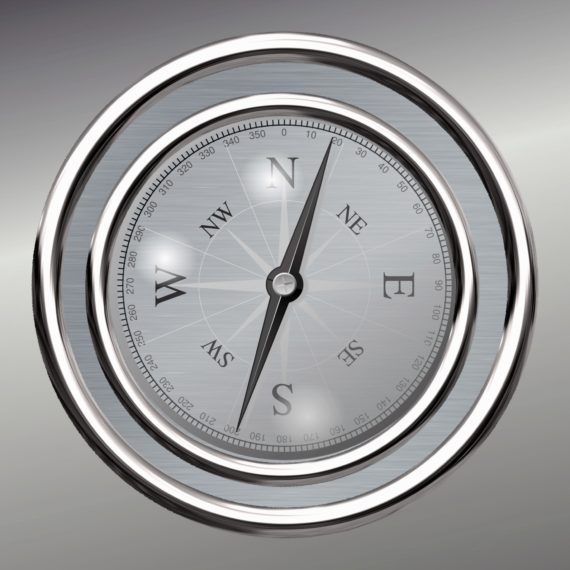In the ‘Sermon on the Mount’1, Jesus assumed that his disciples would follow his example. In order to do so it was necessary for them to know just what that example was. While his actions and words were witnessed, his motives were hidden and had to be explained.
When discussing motives, Jesus cited two acts of righteousness in particular. God wants and expects us to give of our means to bless the poor. He also invites us into his presence in prayer. We expect that the disciples of Jesus were both generous and given to prayer. It is hard to imagine that righteous deeds approved by God might be somehow diminished or rendered unworthy. Therefore Jesus had to explain that this is so and to some degree, why.
When we engage in righteous deeds for the purpose of gaining the approval of others, this unworthy motive is our undoing. We forfeit the benefits that God might have bestowed since we have been ‘paid in full’ by those who see. We have gotten what we asked for and nothing more is ‘due’.




Jesus wanted his followers to have good reasons for doing good and this included pure motives. To safeguard these he called for good deeds to be done in secret – hidden from others and known only to God. Jesus himself kept these kinds of secrets throughout his ministry. His eternal plan for our salvation remained hidden. His reasons for coming to earth as a man were held in reserve until the time was right.
Doing what Jesus taught is certainly not our first impulse. How after all can others follow a good example unless our deeds are seen? Why then does God want us to hide the good, keeping it just between us and Him?
Part of the answer is found in God’s instruction about what to do when we sin, by committing acts of unrighteousness.
The apostle John wrote: “If we confess our sins, he is faithful and just and will forgive us our sins and purify us from all unrighteousness”. (1st Jo. 1:9)
Early in the life of the first century church, James the brother of Jesus wrote: “Therefore, confess your sins to one another, and pray for one another so that you may be healed. The effective prayer of a righteous man can accomplish much” (5:16)
Many years earlier, we find the Prophet David saying this about confession
“When I kept silent about my sin, my body wasted away
Through my groaning all day long. For day and night Your hand was heavy upon me; My vitality was drained away as with the fever heat of summer.
I acknowledged my sin to You, and my iniquity I did not hide;
I said, “I will confess my transgressions to the Lord”;
And You forgave the guilt of my sin”. (Ps. 32:3-5)
The same part of us that aspires a good reputation, abhors a bad one. If good deeds look good on me, then bad deeds do the opposite. It seems most unnatural then and not at all in our best interests to hide the good and expose the bad.
God is clearly pushing us to do the opposite of what we prefer. He wants us to hide the good and expose the bad. He wants us save the good that we have done, by hiding it with Him. At the same time ridding ourselves of sin by confessing it to others and appealing for divine forgiveness.
God is truthful, dealing in reality rather than appearance. He wants us to ‘get real’ – to live without posture or pretence. There is no excuse for sin. There is either a price to be paid or the price that God has already paid. We get to choose how God will judge.
To gain the benefit of the price paid by our saviour, we must be honest about sin. Repentance, confession and prayer safeguard our hearts by keeping them tender. It frees our conscience in a way that nothing else can. God can work with that and has promised to do so.
Confession and repentance leave no room for pride, which is why God does not want us to put our good deeds on display. When we confess our sins to each other, we voluntarily humble ourselves. We expose the dark part of our innermost being and entrust it to others. When confession is mutual, we affirm together that we do not have a ‘righteousness’ of our own but one that is ours only because we are ‘in Christ’. Such humility cultivates a right relationship with God and keeps us from thinking more highly of ourselves than we ought2. A humble church is a healthy church.
Humility before God is not only the proper place for the creature before the creator but also for a sinner before the Holy One. God assures us that if we humble ourselves before him, he will exalt us when the time is right. (Jas. 4:10, I Pet. 5:6) When we confess sin to God, he is not informed by our confession. He does not think less highly of us but is rather given leave to apply his remedy. The reality check is ours; the blessing, His.
When we obey the Lord, our conscience is clear. The worst is known and our good deeds safely hidden with Him. Should someone discover the ‘hidden you’, both the secret and it’s goodness would then be to the glory of God, who alone is entirely good.
1Matt 6:1-6
2Rom 12:3

